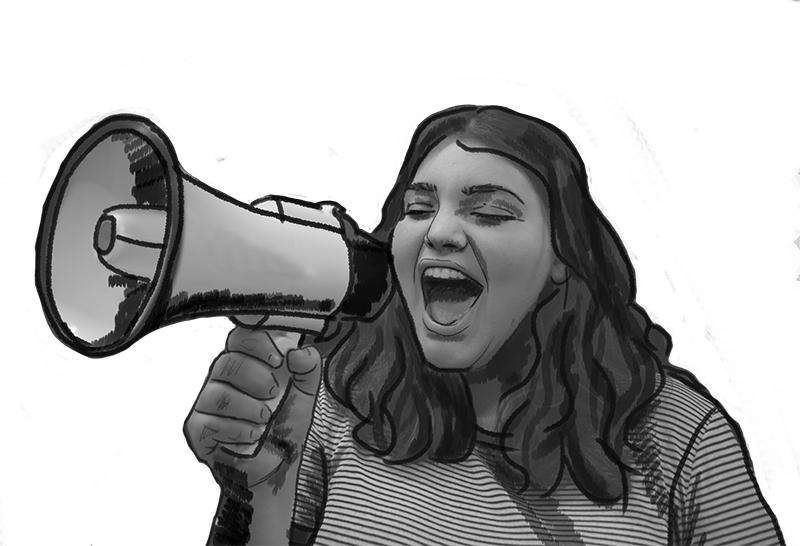People, let me be real for a second. How have we forgotten about the greatest social cause of all time? What happened to stopping Kony (#2012)? What are we doing with our lives?
Hopefully, we all remember the fanaticism that spread through the interwebs in late 2011 over stopping the Ugandan warlord Joseph Kony. As pertinent and important of an issue this was, the #StopKony2012 movement revolved around sharing a 3-minute video overlayed with sentimental music, rather than enacting actual change.
Social change isn’t brought about by singular individual actions, like sharing a Facebook post, but rather by the public actions of large groups of individuals. For example, the heroes of the marriage equality movement were not the people who just put stickers on their laptops or just wore those “Gay? Fine by me” shirts. The heroes of the movement were the ones who worked as a group and actively fought the politics of the issue.
In this country, we often take an individualistic stance on social change. It’s driven by the fact that American society, especially American consumerism, is focused on the individual. To incite change on matters they believe in however, people need to reach outside their sphere.
Although the little actions that people do are great, the sense of accomplishment that comes from simply recycling a bottle or wearing a rainbow shirt creates a false sense of security. People think that they have done their part by putting in their small individual effort, so they don’t put the effort into big things that could lead to real change. This isn’t to say that the individual actions aren’t intrinsically good; they are small essential steps toward creating an aggregate good out of individual actions. However, when we only do little things, we forget the big things.
Let’s take the Porter Ranch gas leak as an example. In early January, several media outlets revealed that a natural gas storage facility in Southern California was leaking 110,00 pounds of methane gas every hour. The Environmental Defense Fund estimates that the leak is responsible for one-fourth of all methane emissions in California in the past year.
When a gas storage facility has emitted the equivalent of the yearly greenhouse gas emissions of 1,597,600 cars, according to the California Reformulated Gasoline Program, there’s not much that one car can do to counter that, even a Tesla. In fact, there are not many actions we can take that will “fix” this, except to use our voices as a group and pressure government officials to force the company to fix the leak and pay reparations to those impacted. This can only happen if individuals work in groups.
I’m not saying that carpools are useless, or Priuses are a waste of time. These individual actions are a crucial and beneficial step in the right direction, but they’re a miniscule step. People need to realize the impact of their actions, and, if it is small, work for a bigger one.
Because here’s the thing: driving a Prius or sorting your trash into color-coded bins isn’t going to end global warming; policy change will. Shopping at American Apparel isn’t going to stop sweatshop labor; policy change will. Buying a pair of Toms isn’t actually going to end poverty in Africa; policy change will. If you want to drive a Prius or shop at Toms, that’s great! All the power to you. I encourage everyone to do as many little actions as they can, as long as they don’t forget about the politics.
So, as cliche as it may seem, write your local representatives. Start Change.org petitions, write articles and blog posts informing others, get out on to the street and protest. If you want to see real change, you can’t just change your life; you have to work to change everyone else’s.



